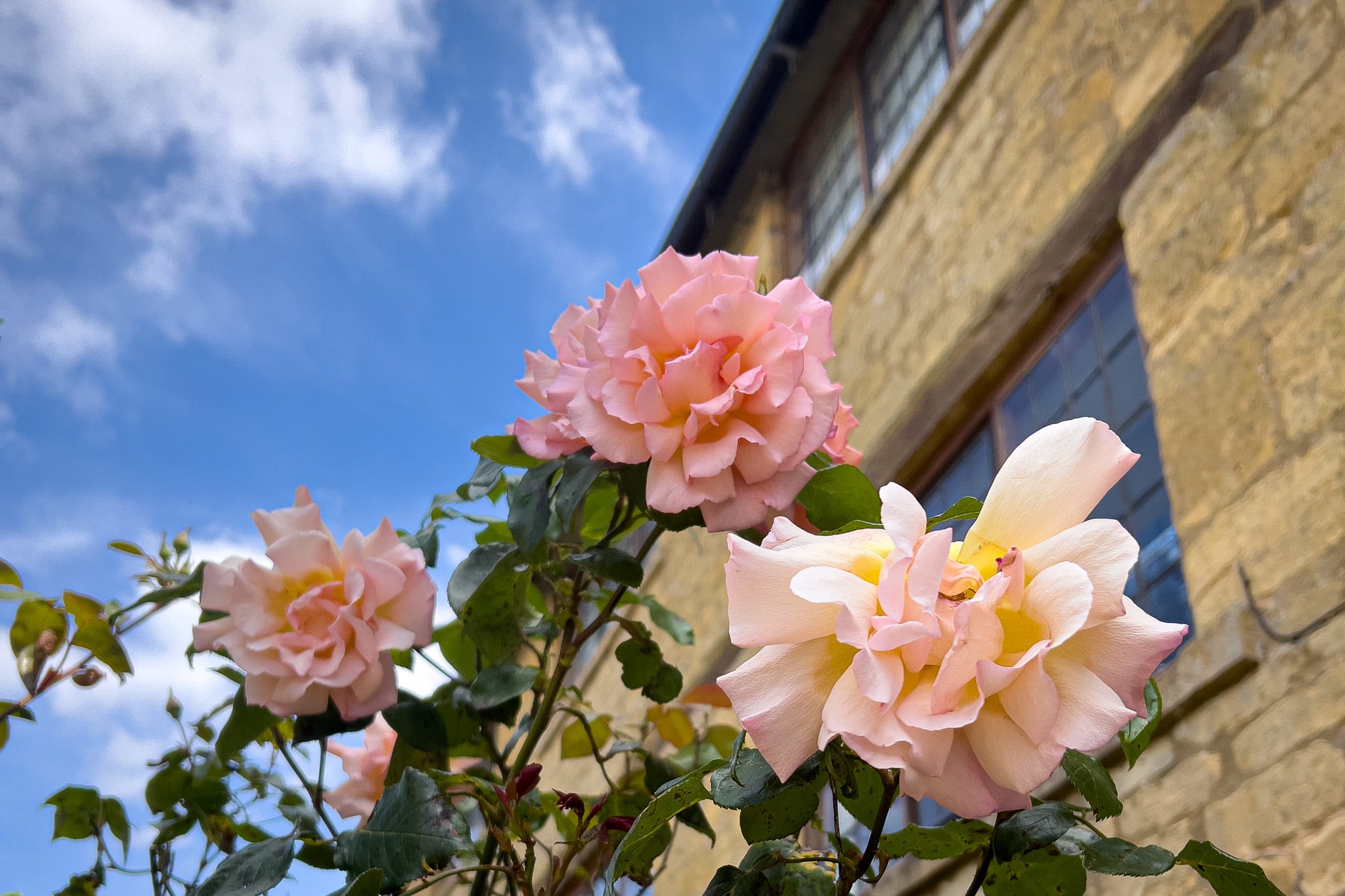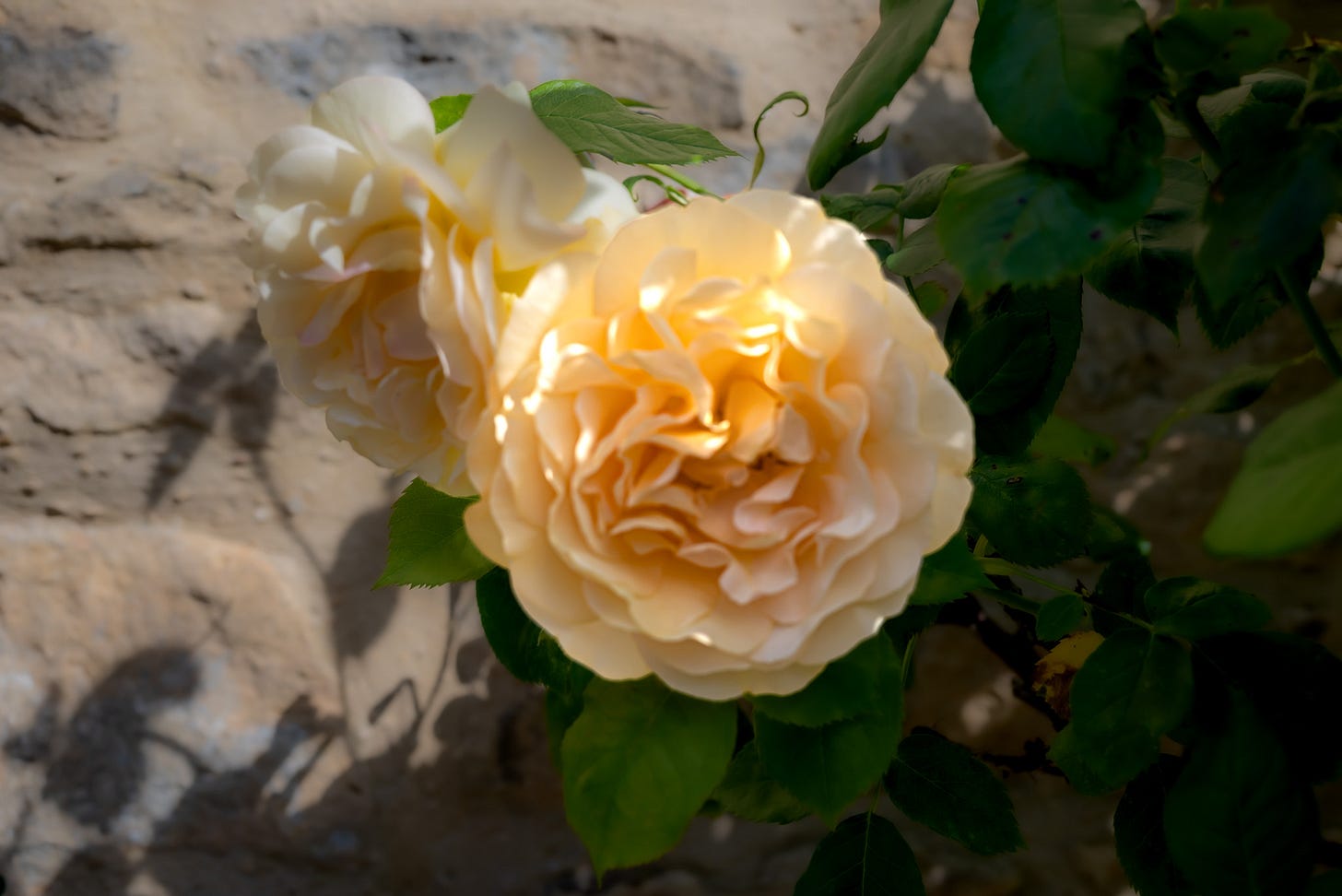Hello friends,
What did you smell this morning?
When I walked out the door to pick up the paper, I noticed the stale heaviness of the humid air as I passed the pungent fragrance of the marigolds. Touching the rosemary fronds evoked the aromatic oils of the plant.
Then the not-so-pleasant hit my nose, and the gift left by a neighborhood pooch left a stench. A woody odor drifted in the air; downed branches from a recent storm burned in the distance.
The sense of smell is a powerful force affecting emotions, memories, and warnings. A whiff of summer air reminds me of my dad mowing the lawn leaving behind a sweet, sharp scent of grass.
When we spent the night on my grandparent’s farm during the winter, the cold air held a faint reminder of the briskness awaiting us. The desire to remain in the cozy confines of the feather bed succumbed to the overpowering aroma wafting from the kitchen—fresh-baked bread, warm and soft.
No doubt, you will muster up memories wrapped in fragrant, fetid, or fishy aromas. Where would we be without the tantalizing ability to breathe in the world surrounding us?
The link between smell and emotions spans beyond the sweet or acrid. Breathing plays a significant role in calming or exciting us. My first encounter with the power of breathing came during childbirth classes. Expectant moms and dads learned techniques for breathing to calm the contractions and pain of birthing.
Those lessons come in handy during dental procedures, unexpected traumas, anxiety and fear, and taking time to stop and smell the roses. I discovered more techniques practicing yoga.
I must make myself slow down for the breathing part of the session. When I do stop, breathe, count, repeat, the ensuing calm sets me up for a kinder day.
Breathing, that little thing we do that keeps us alive, can do more for us than we realize. Always searching, I delved into a new book to understand and learn more.
I just finished reading James Nester’s Breath: The New Science of a Lost Art. The long story includes a history of our body and how breathing, good and bad, evolved over several millennia. The shorter version summarizes Nester’s personal and extensive research leading to five components of healthy breathing.
Stop breathing through your mouth
Use your nose
Improve your lung capacity
Slow down your breathing
Hold your breath—but not too much
If you adopt any single method, like using the nose, your body will appreciate the effort. Try it.
Breathing through the nose opens the door to smell the world, lingering with the sweet odor of freshly baked cookies, that special aroma that makes you want to snuggle close to a baby or someone you love, or bacon sizzling on the stove.
We live in a world overloading us with all sorts of stimuli, and much of it can leave us stressed and anxious. My go-to remedy—three deep breaths and a smile.
Congratulations to Selma Martin for the launch of her debut poetry book—today! On my blog, I shared poetic thoughts on In the Shadow of Rainbows. Hooray!
In this short video, James Nester explains the five ways to improve your breathing based on his ten-year research.
If you don’t have a rose to smell, listen to songs of roses: “Kiss from a Rose” by Seal, Linda Ronstadt sings “Love Is a Rose,” and slow down to “Stop and Smell the Roses” with Mac Davis.
Most people didn’t see the beauty behind the everyday, didn’t enjoy the simple pleasures in life, didn’t stop and smell the roses … and just because these phrases were considered platitudes didn’t make them any less true. For you could belittle truth, lambaste it, deny its existence, but truth would always still be there, as unconcerned as the inexorably flowing Mississippi.
― Ray Smith, The Magnolia That Bloomed Unseen
Find a little wonder this week, stop and smell the roses, and don’t forget to breathe—three deep breaths through your nose.
With gratitude,
Kathryn
I always welcome your thoughts, so, please leave me a message or click the little heart at the bottom of the page.
Thanks for reading. Feel free to forward this weekly note to someone who would enjoy a few words of inspiration.
Or, if you received this from a friend and want to receive my weekly post,











As usual, we’re on in the same page - I finished James Nestor’s book a few months ago and it is FABULOUS! I still can’t believe he blocked his nose for 10 days - yikes! I’ve noticed since reading the book how many mouth-breathers there are. Thank you for this lovely edition 🌸💖🙏
With another's pen 'stop and smell the roses,' would be just another cliche. But with your eloquent prose and beautiful photos, the phrase becomes vibrant and alive. You have the unique ability to infuse ordinary phrases with extraordinary meaning. Your writing serves as a gentle reminder to pause, appreciate the small wonders around us, and find joy in the beauty that often goes unnoticed. Through your words, 'stop and smell the roses' becomes an invitation to savor life's simple pleasures. Your talent for breathing new life into this age-old adage is a gift to all who read your words. Thank you for sharing your gift with us.